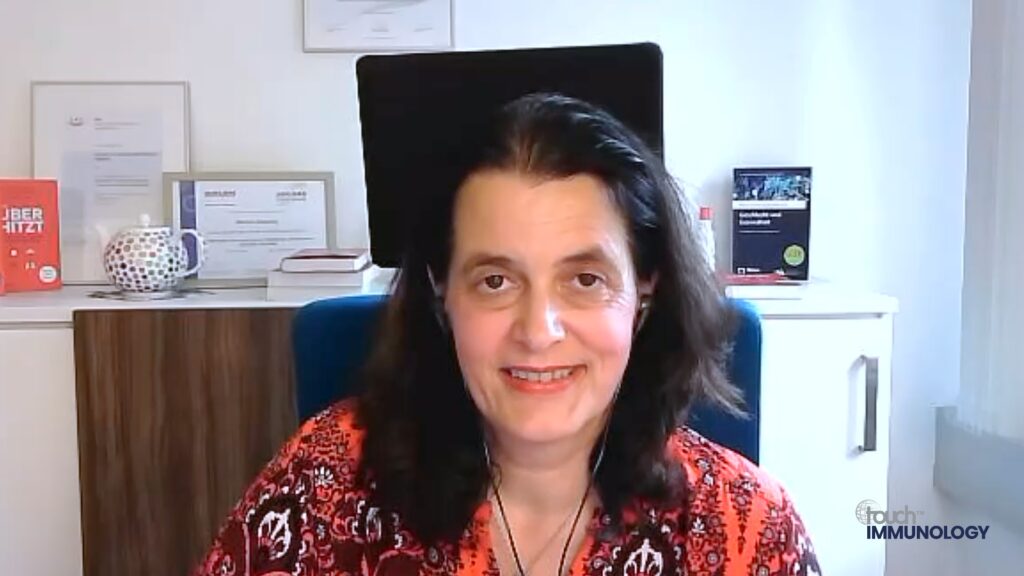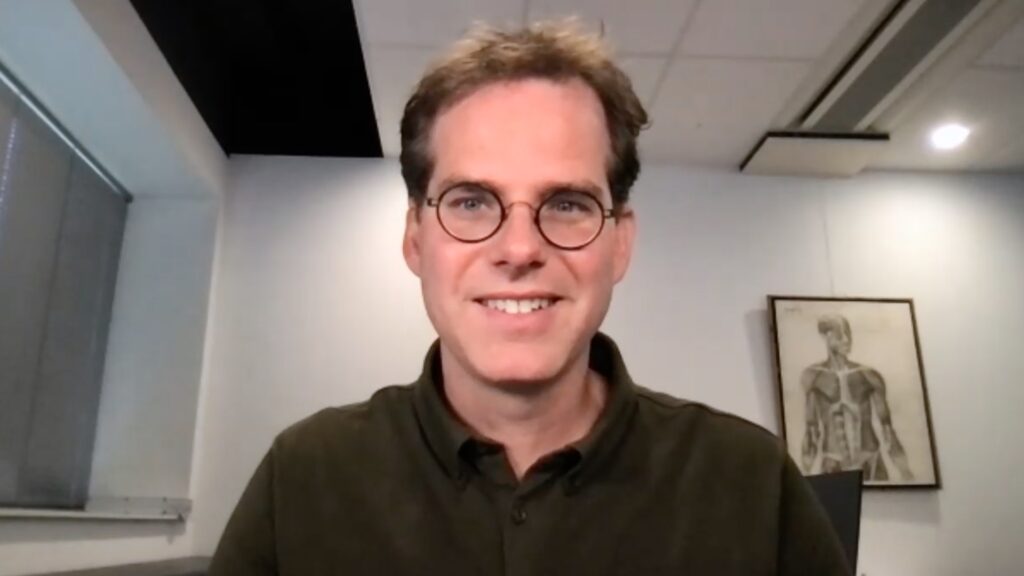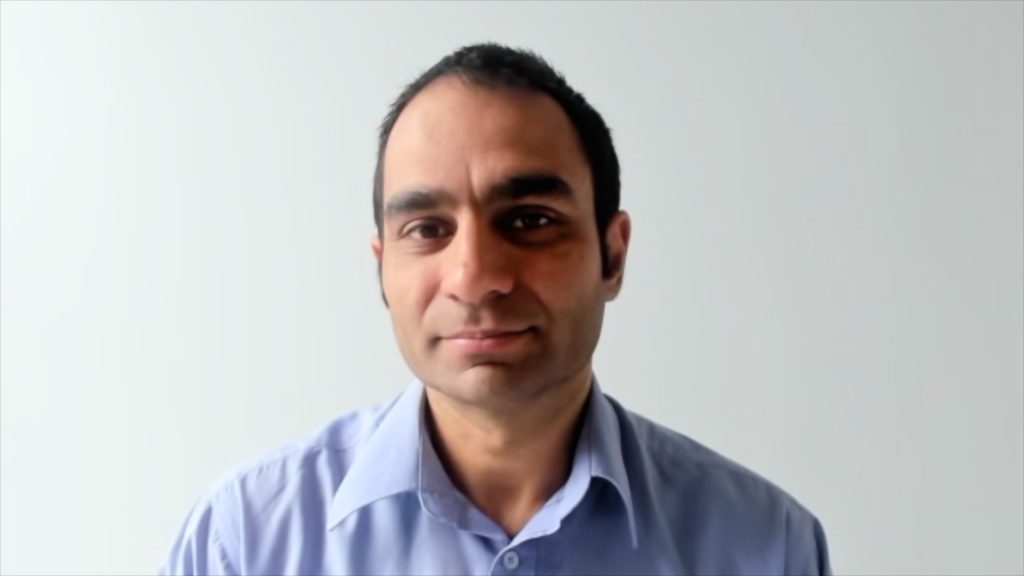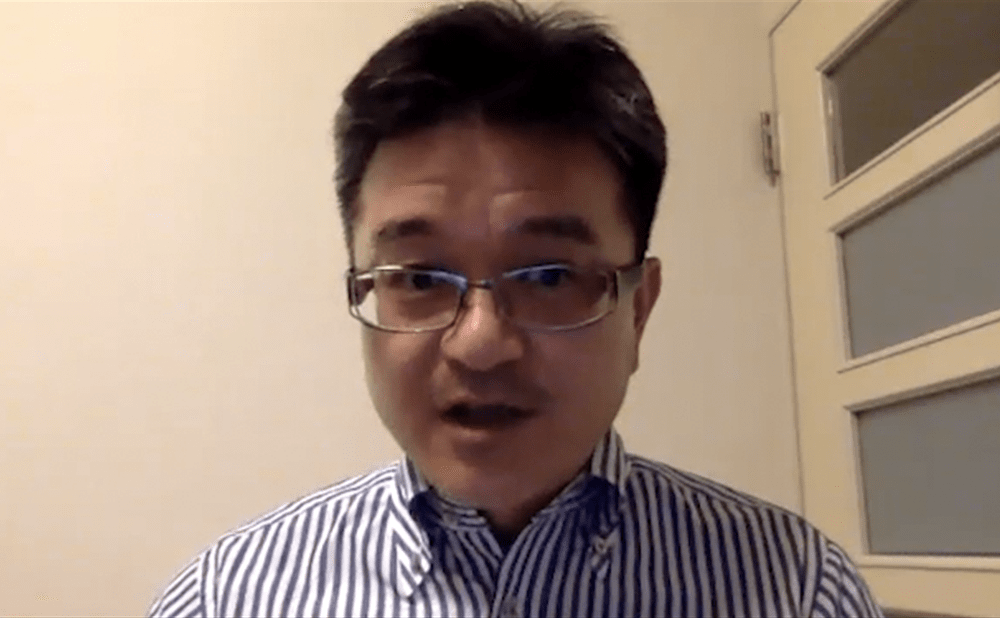A recent study published in Nature explored the awareness and understanding of third-hand smoke (THS) among medical students.
THS is defined as a persistent residue of smoke that adheres to dust and surfaces in indoor environments and is re-emitted into the air. Recent studies highlight the lack of awareness of the risks of THS exposure in the general public.
This study aimed to gauge the knowledge levels of future healthcare professionals regarding THS. Conducted via an online survey with 351 participants from Atatürk University the findings revealed that medical students generally had a moderate understanding of THS, with significant differences observed based on smoking status and awareness of passive smoking. Non-smokers and students who had been educated about passive smoking demonstrated higher levels of THS knowledge. This indicates that while there is a foundational awareness of THS among medical students, there is still a considerable gap in comprehensive understanding that needs to be addressed through enhanced education and training.
The survey emphasized the necessity of integrating THS-related information into medical curricula to better prepare future healthcare providers in advising patients about the risks associated with THS exposure. The study also highlighted the potential health risks of THS, such as respiratory problems and exposure to carcinogenic substances, stressing the importance of preventive measures.
The authors conclude that increasing education about THS in medical training can play a crucial role in public health efforts to reduce the impact of tobacco smoke residue and improve overall health outcomes. This study underscores the need for ongoing education and awareness-raising initiatives targeting both medical professionals and the general public.
For more information, you can read the full article here.
Disclosures: This article was created by the touchRESPIRATORY team utilizing AI as an editorial tool (ChatGPT (GPT-4o) [Large language model]. https://chat.openai.com/chat.) The content was developed and edited by human editors. No funding was received in the publication of this article.








